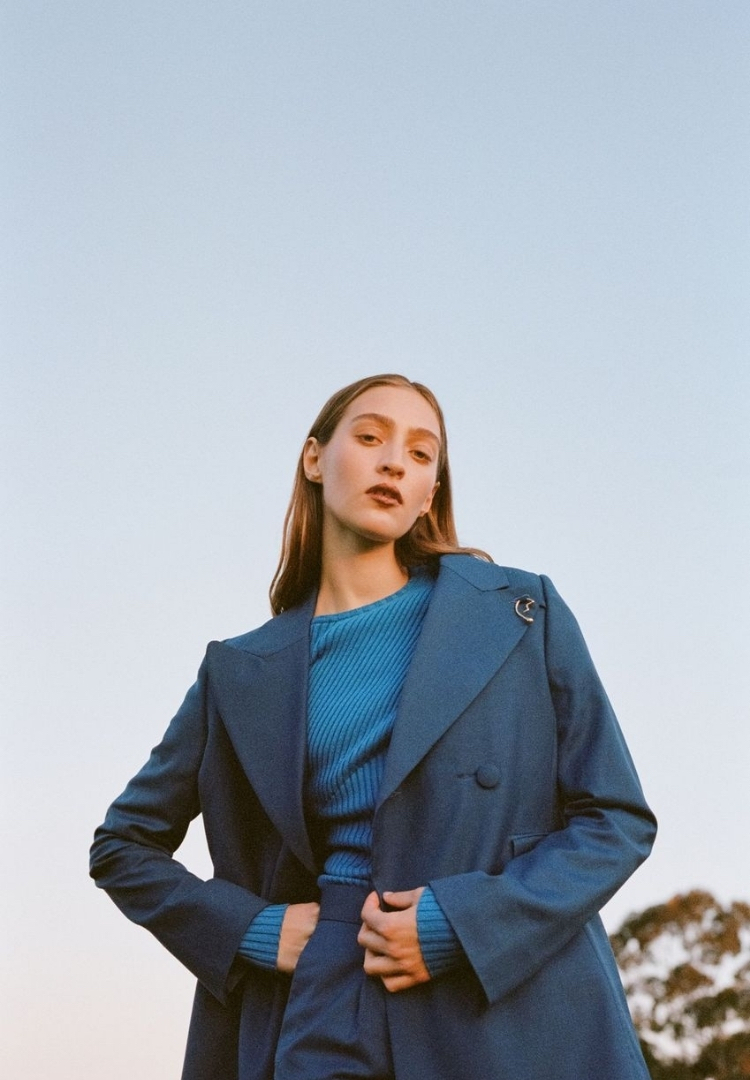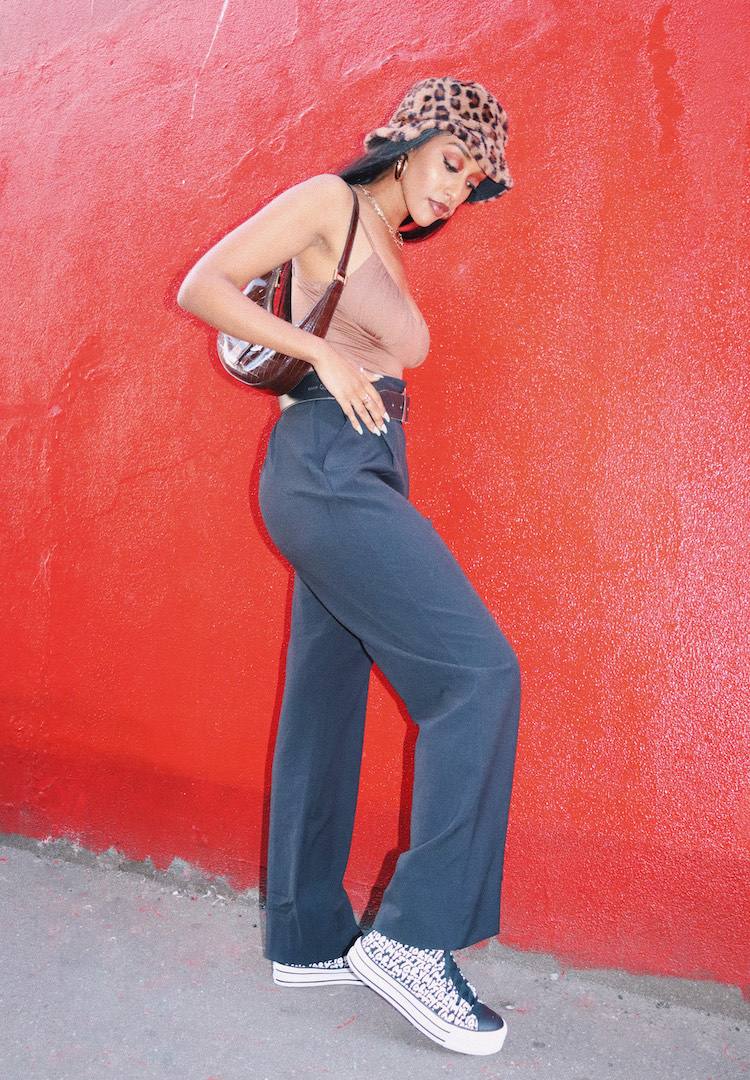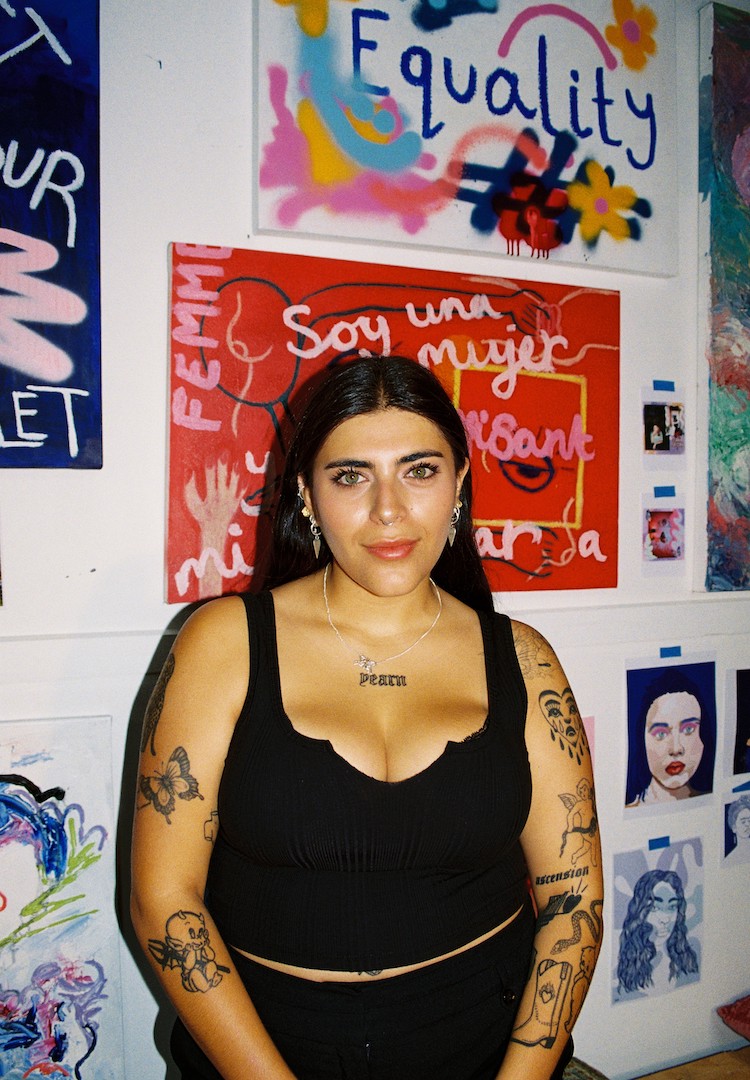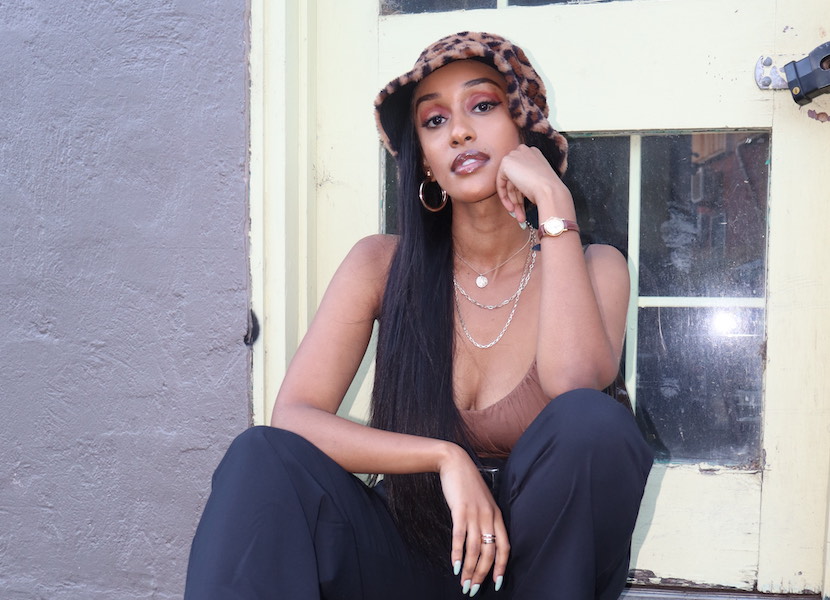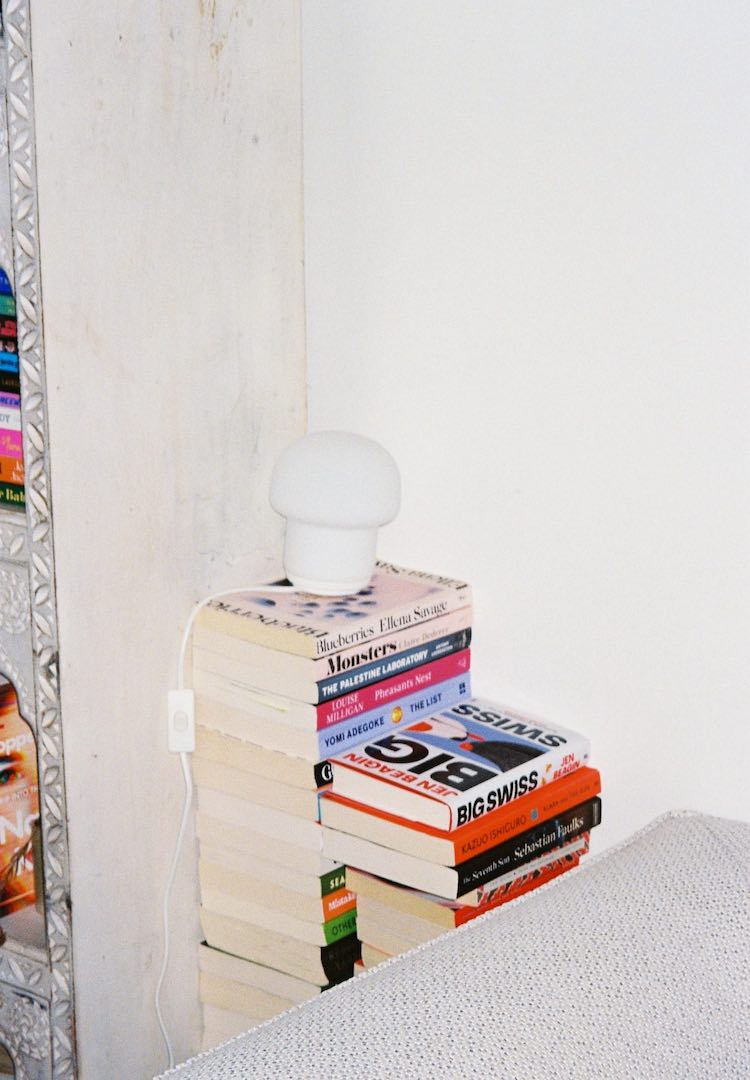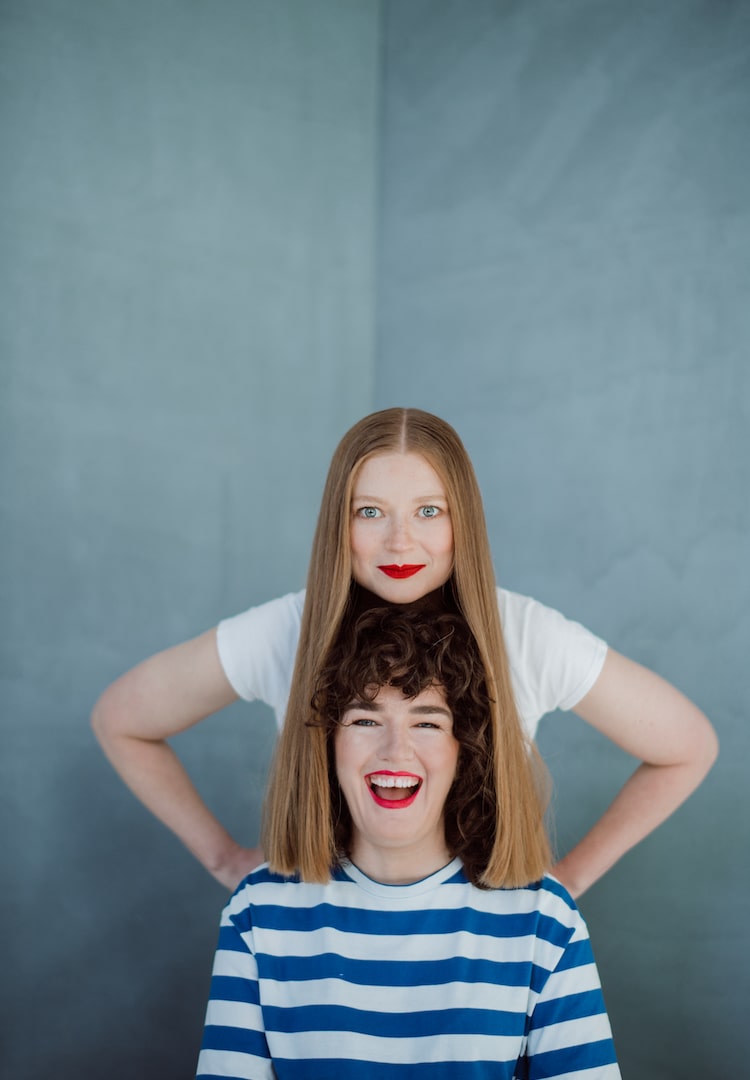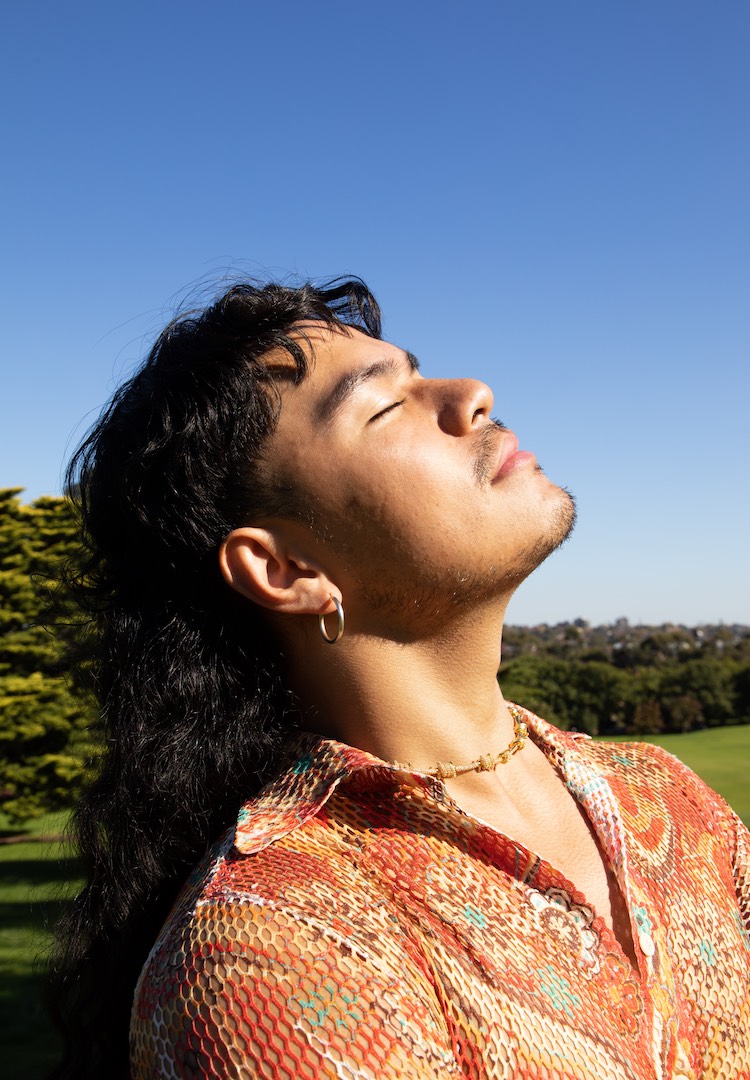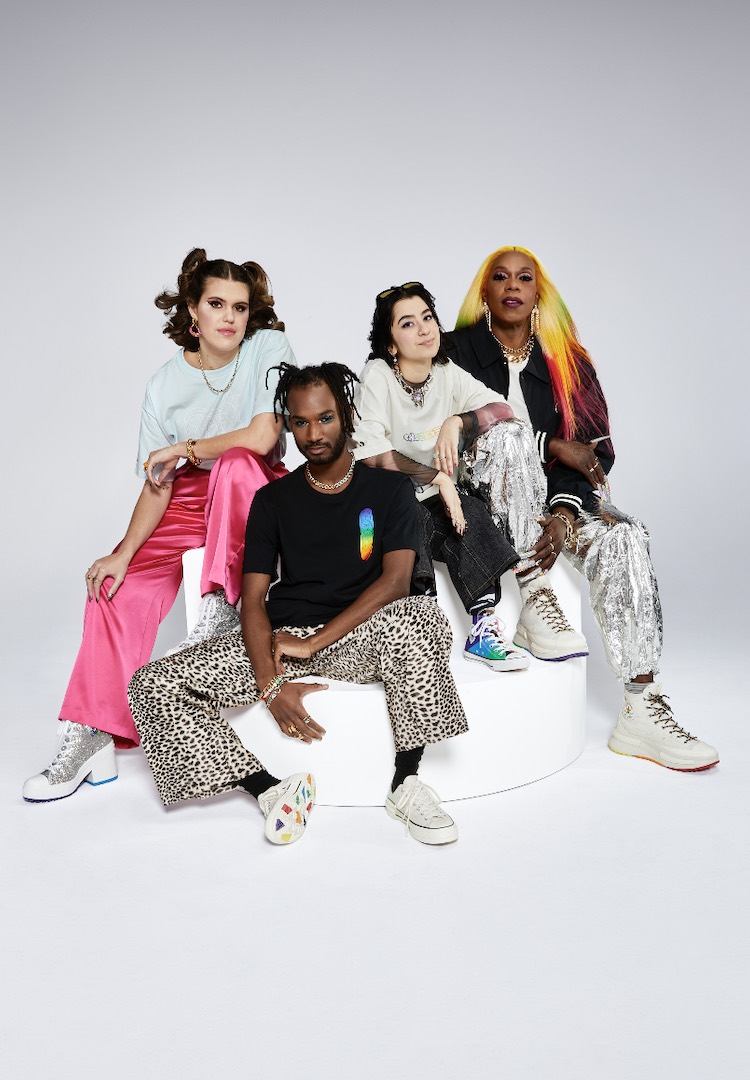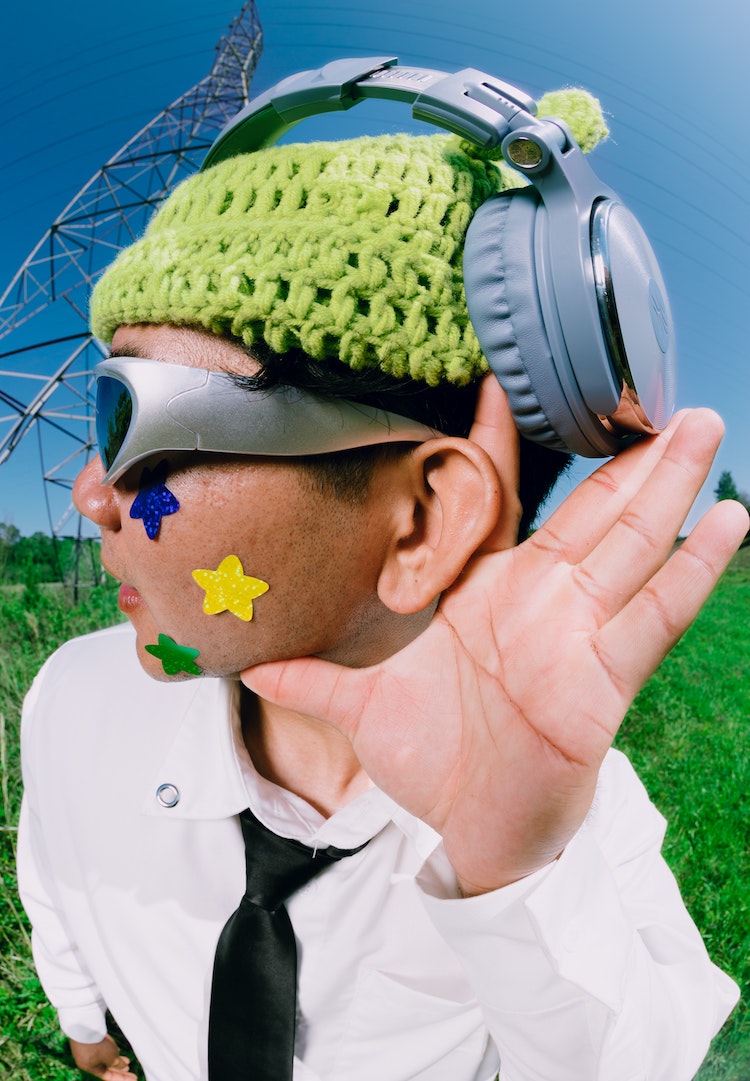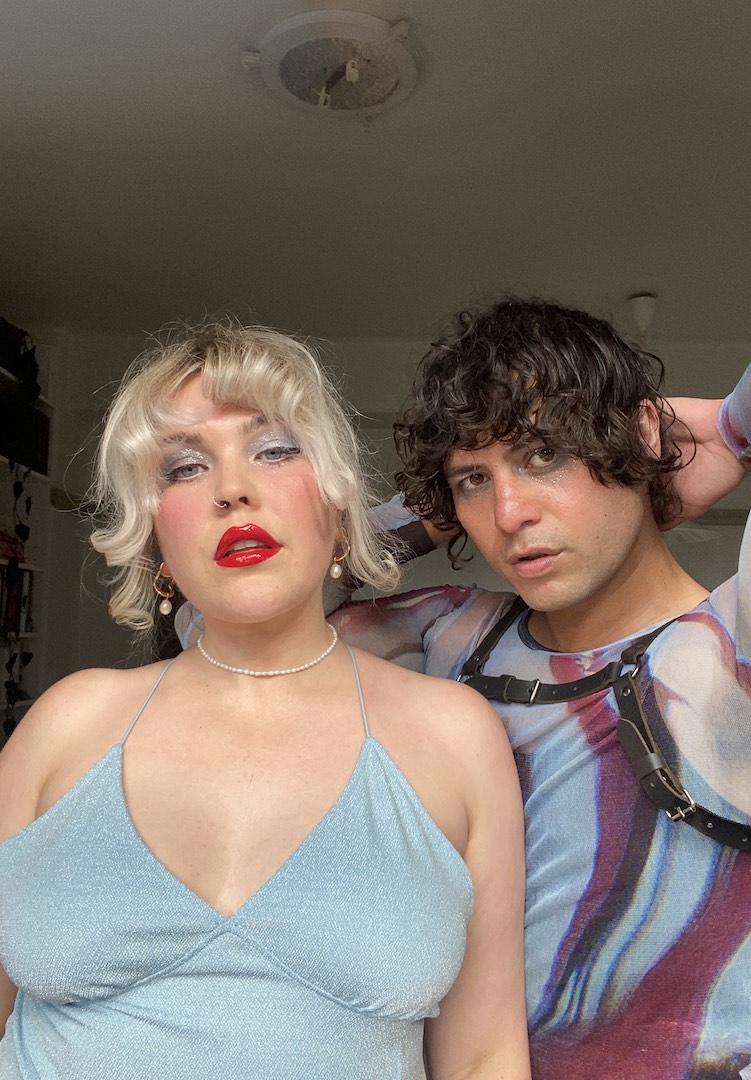How podcaster and event curator Wintana Kidane rejects stereotypes about Black women and paves her own path
WORDS BY WINTANA KIDANE
Centring the experiences of people like me.
This International Women’s Day, Converse launched its My Story collection, a female-designed reimagining of the classic Chucks. Inspired by fearless, bold and independent women, My Story helps give you the words and colours to tell your own story. To celebrate this release, we’ve asked two Converse All Star members to share their stories about overcoming gender barriers. Here, presenter, podcaster and event curator Wintana Kidane unpacks the feelings of ‘otherness’ she has experienced in Australia and how she’s combating the lack of positive African representation in our media.
Being one of the few, or sometimes even the only Black person in the room has always been normal for me. I grew up in a predominately White neighbourhood, went to a predominately White school and that was what I had always known. I felt othered in most spaces and copped jokes about my hair and the colour of my skin, but in the spirit of ‘Aussie culture’, it was all seen as light banter.
Looking for some similarly thought-provoking reads? Subscribe here and we’ll send them straight to your inbox.
As part of the first-generation African diaspora in Australia, I feel disconnected from my identity as an Australian and simultaneously out of touch with my identity as an Ethiopian. I feel most seen and heard when I’m around my community, however, for the most part, growing up in Australia meant that we didn’t have many spaces or outlets where we could all connect.
People of colour, and more specifically Black people, are consistently victims of harmful stereotypes. Gang members, uneducated, unprofessional, too loud, too opinionated – the repertoire of descriptors is never flattering. In the real world, these stereotypes manifest is many forms. Not only do they have significant impacts on the way we’re perceived by the general public, but they’re also heavily internalised. And that’s where the danger lies.
My experience as a Black woman adds another layer to this. Not only are we subject to the highest level of scrutiny, we’re also fed a false narrative that our peers are our competition, that there is only room for a few of us to rise to the top. We’re told that another woman’s success is deemed my failure. Instead of uplifting each other, we’re pitted against each other.
To me, breaking barriers for gender equality means to intentionally create spaces for women, allowing them to feel safe, heard and most importantly, celebrated. It’s about challenging general consensus, challenging our own bias and choosing to defy and rise above these stereotypes.
In 2018, I travelled around Europe and lived in London for a year. As cliché as it might sound, that experience sparked a light inside me and gave me the glimpse of hope I needed. For the first time, I felt truly represented. In podcasts, live talks and online publications, women of colour were unapologetically taking up space. The whole time all I could think was, “I can’t wait for Australia to get to this point”.
Empowered by this, I made it my mission to create a space for Black women, by Black women. My co-host Rahel Davies and I first created Bittersweet, a podcast devoted to authentically representing our stories and the unique journeys of people of colour living in Australia.
As an extension of Bittersweet, we created Shifting Culture, a monthly talk series solely dedicated to capturing and celebrating the stories of accomplished and inspirational women of colour, by shining a spotlight on the huge contributions these women have made to the progression of our culture in its many forms. We’ve spoken with the founder of Self Care, Rachael Akhidenor, owners of Melbourne-based fashion brand Collective Closets as well as Zulfiye Tufa, the brains behind modest fashion hub Mod Markit.
The purpose of this series is about ownership. For too long, our stories have been misconstrued and our achievements watered down. I believe it’s because we’ve been hearing it from outlets that don’t understand nor truly represent us. To have an impact, we need to be the ones owning our stories and the only way we can do that is by telling it ourselves.
One thing I’m learning as I’m going through this journey, is that it all starts with us. As a community of women, it is so crucial for us to intentionally recognise our accomplishments. We need to embrace our unique differences and unapologetically celebrate our wins together.
Check out Converse’s My Story range here.

